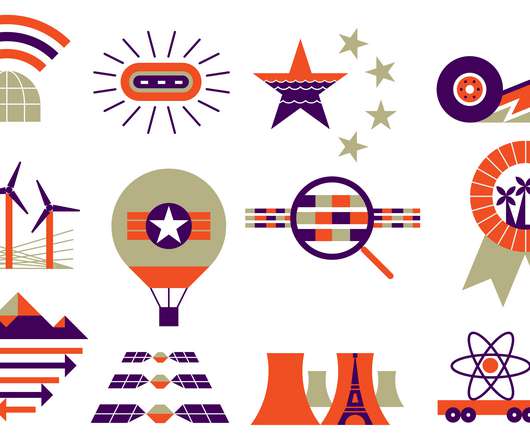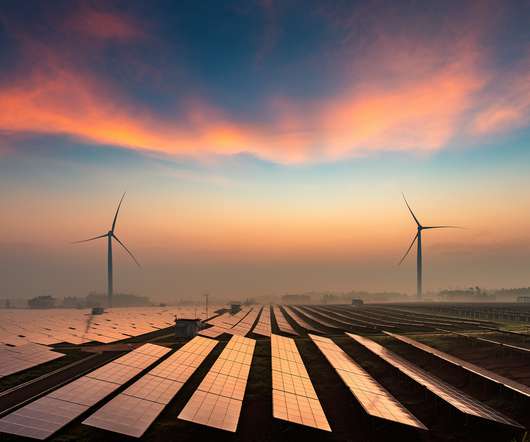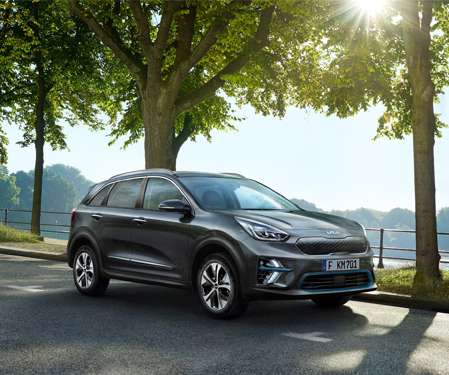CRI ETL project in China will recycle 150,000 tons of CO2/year to make 100,000 tons of methanol
Green Car Congress
OCTOBER 26, 2021
ltd has signed an agreement with Icelandic technology company Carbon Recycling International (CRI) to design a chemical plant based on CRI’s Emissions to Liquids (ETL) technology. million metric tons per year production of a wide product range of polymers and plastics. These include products used for making solar panels and plexiglass.















Let's personalize your content